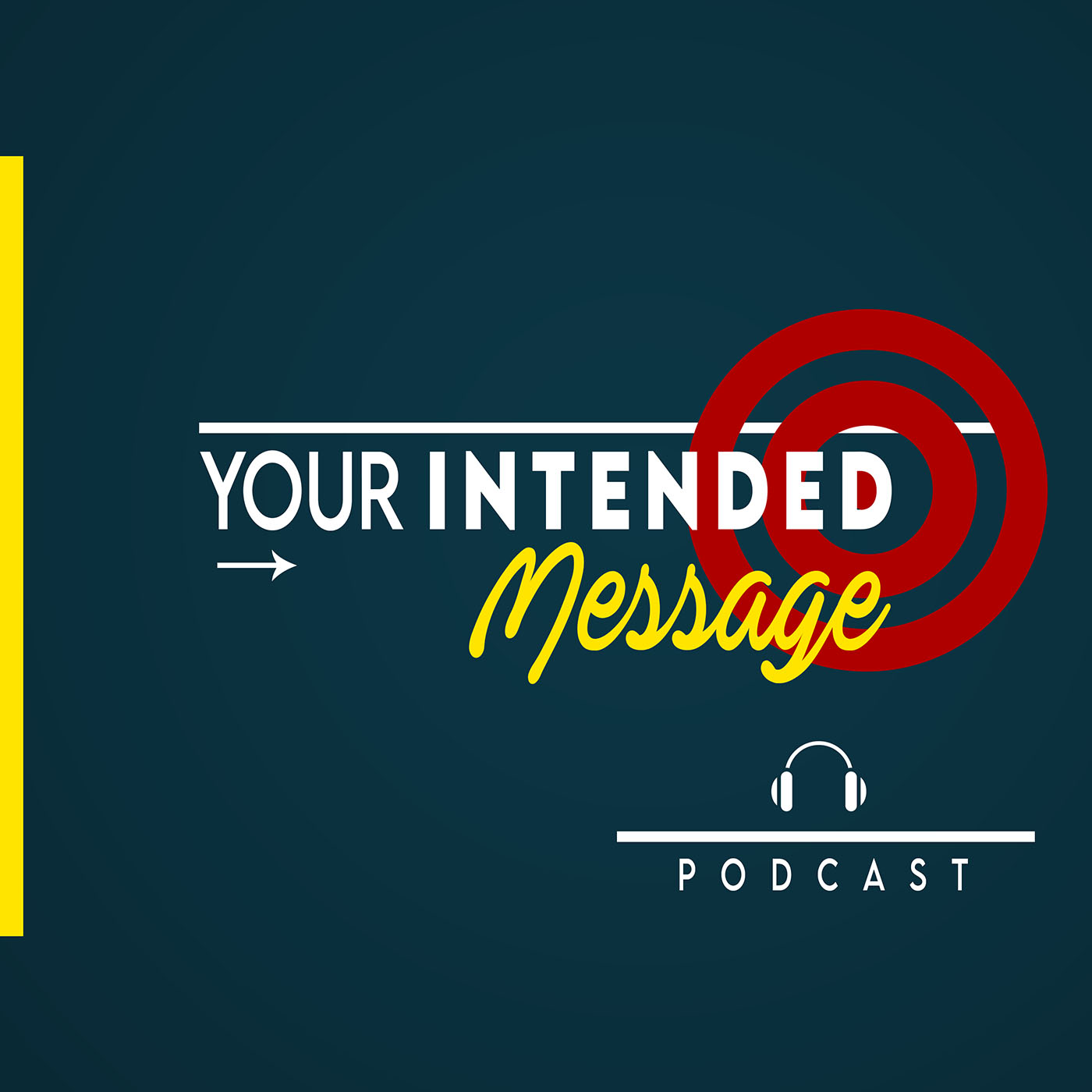
Episode 213 (Ty is based in Toronto, Canada)
In this conversation with Ty Hoesgen, we explore:
About our guest, Ty Hoesgen:
Ty Hoesgen grew up as a shy, awkward farm kid near a town of 800 people. He's the author of "Elite Communication Skills".
You can take the free course, "Speak like a Confident Leader in 7 Days:
at https://howtospeakbetter.com/
Follow at https://www.instagram.com/tyhoesgen/
Connect at https://www.linkedin.com/in/tyhoesgen/
-----
Excerpts from this conversation with Ty Hoesgen:
There's a famous scene from the show The Office, if any of your listeners have seen the office, and it's Michael Scott, who is the head boss there, and he says, Sometimes I just start a sentence. And I don't really know where it's going. But I just hope I find it along the way.
And that's what a lot of people seem to do, especially in the corporate world, when it matters the most, to be clear, to have people understand, to be persuasive to be powerful.
And so one of the biggest mistakes is just having no structure, no organization, in the way that you are explaining something, you're just rolling the dice and hoping for the best when you open your mouth.
-----
So how can someone better structure their message?
This is something that should absolutely be taught in schools structuring your message. So first, what is your intended message? This is something that you should know, before you start speaking. I teach a framework that a lot of my clients find very easy, and they find it very useful.
It's called the PRP framework. So it's point. Reason. Point. It's very simple. If you get asked a question, you start with your main point first.
So your intended message first, what's really the main thing you want them to know? Then the reasons so why do you think this? Where did this point come from? Why do you believe this? And so you give your reasons for that. And then because people tend to hear and remember the things that they hear first, and the things that they hear last the most.
Whereas you want to restate our point at the end, because we want the last thing they hear to be that main message. So we've got our point, first, than our reason or reasons.
And we restate it with a point at the end, the Restatement at the end, very underrated and necessary. Because if you ever been in a situation where the conversation just kind of gets off track, sometimes that's because somebody has ended their point with something that's a little bit off. And people respond to whatever they hear most recently.
So if we restate the main point, at the end, it's a lot less likely those conversations are going to get off track.
-----
----more----
In these interviews we will explore presentation skills, public speaking, conversation, persuasion, negotiation, sales conversations, marketing, team meetings, social media, branding, self talk and more.
Your host is George Torok
George is a specialist in communication skills. Especially presentation. He’s fascinated by the links between communication and influencing behaviors. He delivers training and coaching programs to help leaders and promising professionals deliver the intended message for greater success.
Connect with George
www.SpeechCoachforExecutives.com
https://www.linkedin.com/in/georgetorokpresentations/
https://www.youtube.com/user/presentationskills
https://www.instagram.com/georgetorok/

 Logic vs Emotion in Marketing: Brian Kurtz Breaks it Down
Direct Mail Discipline in the Age of Email Marketing
Over Deliver: Building a Bu
Logic vs Emotion in Marketing: Brian Kurtz Breaks it Down
Direct Mail Discipline in the Age of Email Marketing
Over Deliver: Building a Bu
 Why People Don't Hear What You Meant to Say?
The Static in Your Message
How Unintended Signals Sabotage Communication
Episode
Why People Don't Hear What You Meant to Say?
The Static in Your Message
How Unintended Signals Sabotage Communication
Episode
 Hollywood Storytelling Secrets: Michael Hauge
Why Facts Don’t Persuade: Stories Do
How to Tell Business Stories That Create Em
Hollywood Storytelling Secrets: Michael Hauge
Why Facts Don’t Persuade: Stories Do
How to Tell Business Stories That Create Em
 Build Trust Fast: Lessons from a War Zone Spy: JJ Brun
Communication Techniques from a Retired Spy
Why Deception Fails: The Rule for Ra
Build Trust Fast: Lessons from a War Zone Spy: JJ Brun
Communication Techniques from a Retired Spy
Why Deception Fails: The Rule for Ra